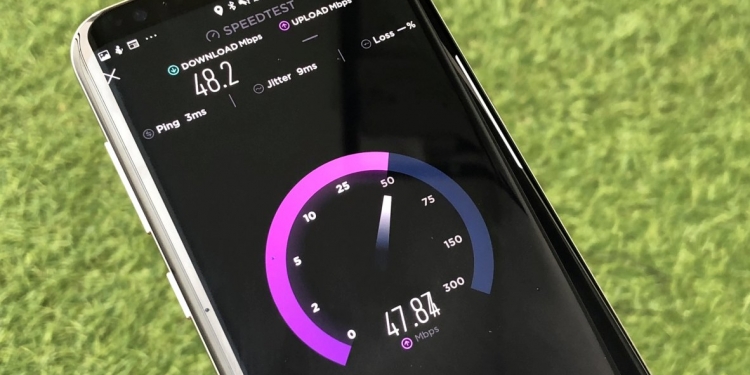There has been extensive press coverage in recent weeks of our Transport Minister’s decision to revoke our cabotage exemption policy, effectively protecting the Malaysia Shipowners’ Association (MASA) from foreign competition when it comes to repairing internet submarine cables. Much of this coverage has focused on how the revocation disincentivises future foreign investment in Malaysian submarine cable landings.
While this is true, I’d like to put forth a more urgent reason for the Ministry to reassess its position on cabotage: revoking the exemption will result in increased delays in the repair of damaged submarine cables and suppress the full potential of our digital economy, which is projected by Bain, Temasek and Google to balloon by three-fold to RM 125 billion by 2025.
Submarine cables, which transmit 95% of the world’s traffic, play a critical role.
This negative impact will only worsen as internet traffic continues to rise dramatically: global internet traffic has tripled in the past 5 years alone. And according to a recent report by Bain, Temasek and Google, more than 1 in 3 Malaysians turned to digital services for the first time this year to access essential goods such as food and groceries, healthcare, education and quality news during our MCO period.
If economic research published by the World Bank or RTI International is any indication, even temporary disruptions in broadband penetration or bandwidth consumption could have a major, adverse impact on Malaysia’s GDP. According to these studies, every additional 10% in broadband penetration and bandwidth consumption is correlated with GDP growth of 1-3% and 0.24% respectively. These numbers aren’t surprising if you consider how all businesses – from the local durian seller to global manufacturing firms – rely on the internet to reach customers and manage their operations.
Based on Malaysia’s current GDP, this means a 30-day disruption might cost our economy $500M or RM2B in 2021. A 30-day disruption scenario is not far-fetched; as recently as in April 2020, OpenSignal reported more than 2 months of disruption caused by increased internet usage and a concurrent submarine cable fault which led to a drop in internet bandwidths of between 20-30%. MDEC’s position paper also states that Malaysia experiences an average of 6 cable outages a year.
According to the International Cable Protection Committee, the cost of repairing one cable outage is between RM4 million to RM12 million. Even if MASA ships are able to repair all 6 cable outages in a year, that would only be an additional RM24 million net upside to our shipping industry. Is that worth endangering our aspiration to build a RM125 billion digital economy?
To make matters worse, according to MDEC’s position paper, there are no vessels based in Malaysia that meet the standards required to conduct cable repairs in deep sea or choppy waters. The fact that Optic Marine Services (OMS), a member of MASA, only has vessels meeting those standards in Indonesia and Singapore is a further indication that there are insufficient economies of scale for them to procure and operate these vessels in Malaysia. Why then, is there an eagerness to remove the cabotage exemption?
Our Transport Minister said in a parliamentary session recently that internet traffic can be re-routed through other cables if a cable goes down. This is partially true; but that is like saying we do not need to worry about traffic congestion on a highway since you can get to your destination by using alternative single lane roads. You’ll get there, sure, but in twice the amount of time. And what if more than one cable is down at a time? How about two, three, or more?
There has never been a worse time to put our nation’s internet access, digital economy and GDP growth at risk. On behalf of the Malaysian Internet Exchange (MyIX), I strongly urge the Ministry of Transport to reinstate the cabotage exemption and work with the industry on a transparent permitting process that minimizes submarine cable repair delays.
This opinion piece was contributed by Chiew Kok Hin, the Chairman of Malaysia Internet Exchange (MyIX). If you have an article or opinion that you would like to contribute for the benefit everyone, share it with us here.








